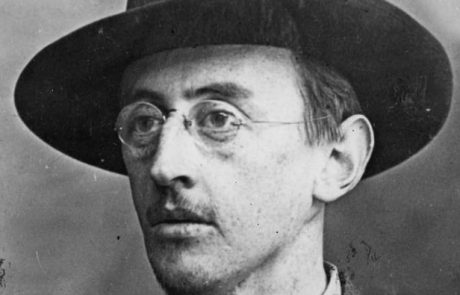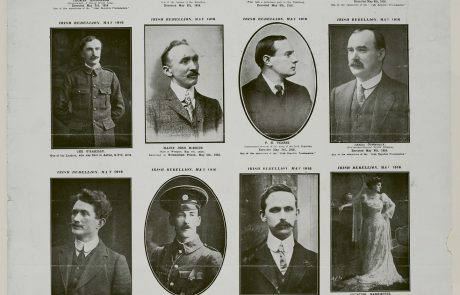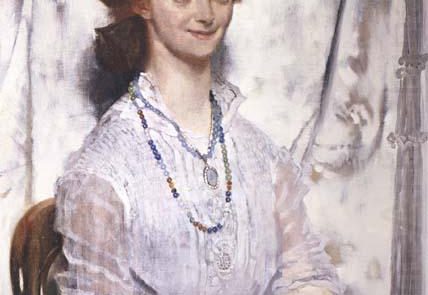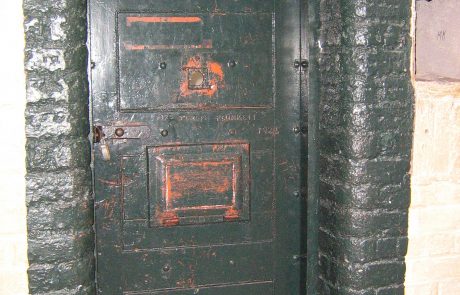Project Description
Joseph Plunkett & Grace Gifford
Joseph Mary Plunkett was one of the leaders of The Easter Rising – a rebellion which took place over the course of five days in Dublin in 1916 and forever changed the course of Irish history. If there was one renaissance man involved in the Easter Rising it was Joe Plunkett. Born in Dublin in 1887, he was an accomplished poet, editor, world traveller, a scientist and a military strategist. Joseph Plunkett and Grace Gifford were introduced by mutual friends at a social event in Dublin in 1913. They immediately struck up a friendship which developed into love. Plunkett proposed to her in 1915 and she accepted, the wedding day set for Easter Sunday 1916. However, those wedding plans had to be put on hold when Easter week was chosen for the Rising to overthrow British rule. Plunkett was one of the seven men who signed the Proclamation declaring a new Provisional Government of the Irish Republic. He knew as he signed it that it would lead to him being executed if the rebellion failed. After the rebellion was crushed, he was captured and taken to Kilmainham Jail. There was no chance of a reprieve, but the authorities did agree to let Plunkett marry Grace. The couple had to move quickly as Plunkett was due to be executed on 4th May. Grace went up to Kilmainham Jail on the outskirts of Dublin – there was no electricity, so the service was conducted by the light of a single candle held by a British soldier. No family or friends were allowed to attend so the soldiers had to act as witnesses. The couple were allowed 10 minutes together as a group of soldiers stood guard and looked on. Once the 10 minutes was up, Grace was told to leave. Plunkett was then taken out into the dreaded Stonebreaker’s yard at Kilmainham and shot dead by firing squad.



